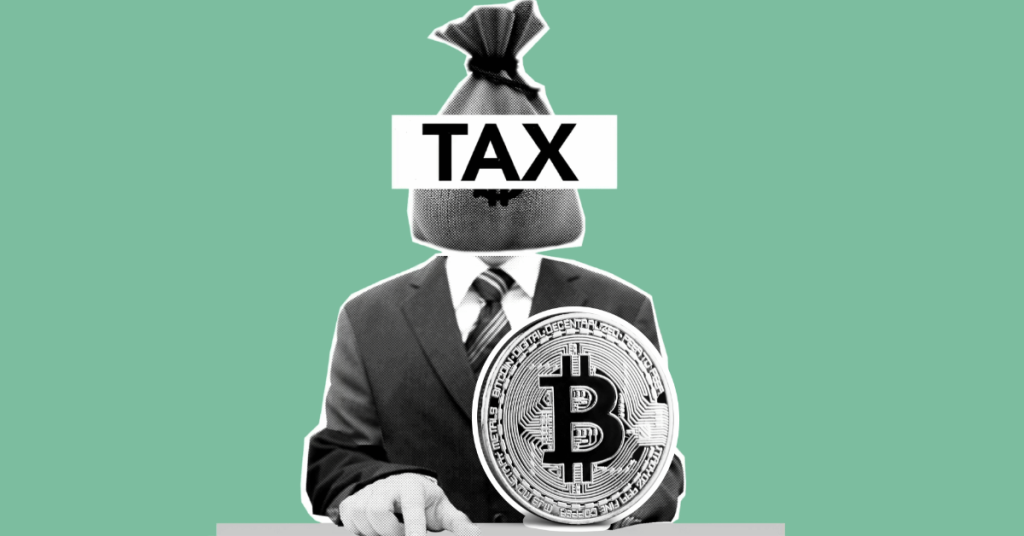
The post Will South Korea Punish Crypto Tax Evaders? Kim Nam-guk’s Trial Sets a Precedent appeared first on Coinpedia Fintech News
In an eye-opening case, Recently Kim Nam-guk, a former lawmaker from South Korea’s Democratic Party is accused of hiding his crypto wealth. Prosecutors have requested to the Seoul Southern District Court a six-month prison sentence for Kim on charges of intentionally hiding a large sum of cryptocurrency in his asset declarations to the National Assembly, which he is legally required to submit. The case shows South Korea’s zero tolerance for defaulters in crypto tax-related cases.
The case is heating a crypto tax debate and how to tackle such cases in the current scenario where crypto assets are seen as a safety net by many small-scale traders and investors.
How Kim Hid His Cryptocurrency?
According to the prosecutors, Kim planned to hide his crypto assets from the National Assembly’s Ethics Committee, which reviews the financial details of lawmakers. He transferred a significant portion of his crypto holdings to a regular bank account to make it appear as though he was not holding coins. Plus, he misreported his total assets, falsely declaring much lower amounts than he possessed. This was done by converting some of his coin deposits into regular bank deposits and reporting them as part of his total assets while keeping the actual value of his cryptocurrency hidden.
False Declarations in 2021 and 2022
Kim’s asset declarations in both 2021 and 2022 were significantly lower than what he truly owned. In 2021, he declared assets worth approximately 1.2 billion won, but prosecutors believe he had 9.9 billion won in cryptocurrency at the time.
Kim in his Defense
Despite being a serious tax defaulter, Last month, Kim Nam-guk criticized his party’s push for virtual asset taxation, calling it an ineffective move to gain more support. The Democratic Party is currently discussing a revision of the tax law to increase the tax deduction limit for virtual assets to 50 million won, as promised in the last election.
The court will soon decide on his punishment, which could set a precedent for how such cases are handled in the future. To regularize such cases the country needs some solid plans so that no one takes advantage with minimum control over digital assets.











